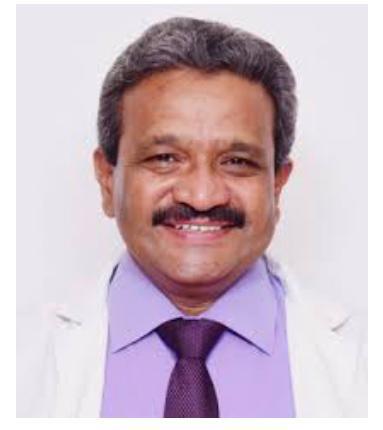Conditions for which an Umbilical Hernia Surgery is performed:
This section outlines common conditions where an umbilical hernia surgery becomes vital, showcasing why expert umbilical hernia doctors are essential for patient care.
1. Large Umbilical Hernias: These can cause discomfort and be aesthetically displeasing. Surgery helps to alleviate such issues.
2. Incarcerated Hernias: If part of your intestine becomes trapped in the fatty tissue and cannot be pushed back into the abdomen, surgery becomes necessary.
3. Intestinal Obstruction: An incarcerated hernia may lead to obstructed blood supply causing severe pain and requiring immediate medical intervention.
4. Strangulated Hernias: If blood flow to the section of the intestines caught in a hernia gets cut off, it can lead to life-threatening complications like gangrene or peritonitis requiring immediate surgical treatment.
5. Persistent Umbilical Hernias: Even if they do not cause discomfort, hernias that persist for a long time or increase in size should be surgically treated.
How is an Umbilical Hernia Surgery conducted at Apollo Hospitals in Mysore?
Under the care of thorough professional abdominal hernia doctors at Apollo Hospitals, this surgery is done using the following steps:
1. Anaesthesia: The patient is initially put under general anaesthesia to make the procedure pain-free.
2. Surgical Incision: A small incision is made near the belly button area using laparoscopic techniques.
3. Hernia Repair: The surgeon pushes back the protruding tissue into its place and strengthens the weak abdominal muscles by stitching them together.
4. Mesh Placement: If necessary, a specialised mesh may be placed to further reinforce the abdominal wall.
5. Closure: The incisions are then stitched up, leaving minimal scarring.
How to Choose the Best Specialist for Umbilical Hernia Surgery in Mysore?
Selecting a periumbilical hernia doctor requires research, checking credentials, seeking recommendations, and prioritising patient-centred care. Mysore boasts of highly experienced laparoscopic surgeons who are adept at handling umbilical hernia surgeries, ensuring you receive the best possible care. Their expertise translates into a significantly high success rate and positive patient outcomes.
Why Plan your Umbilical Hernia Surgery with Apollo Hospitals?
Apollo Hospitals in Mysore are equipped with advanced technology and facilities. Our team of well-renowned umbilical hernia doctors including laparoscopic surgeons ensure the best outcome for your umbilical hernia surgery. We provide comprehensive care and support throughout your medical journey, offering patient satisfaction through transparency and positive outcomes. Trust in Apollo Hospitals to efficiently address your hernia-related concerns and restore your health to optimal levels.






 Call Now
Call Now





